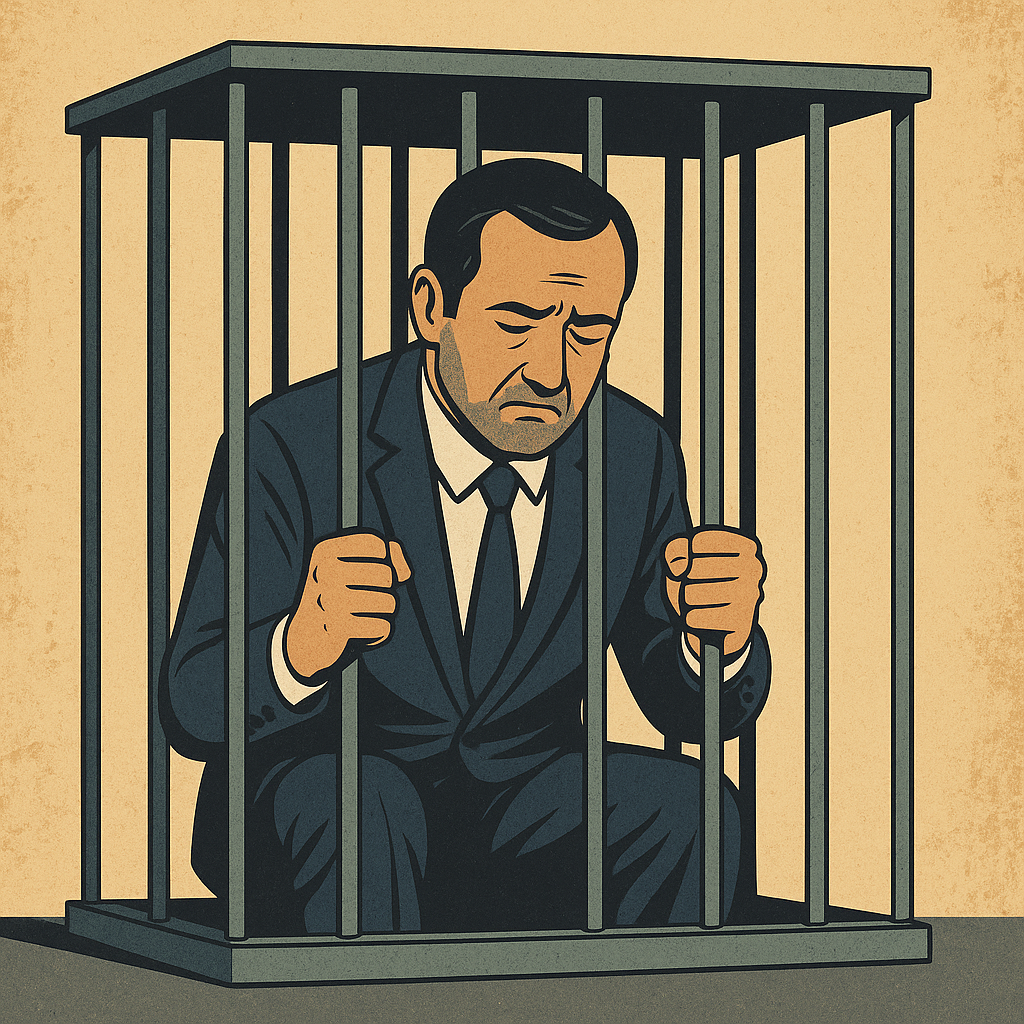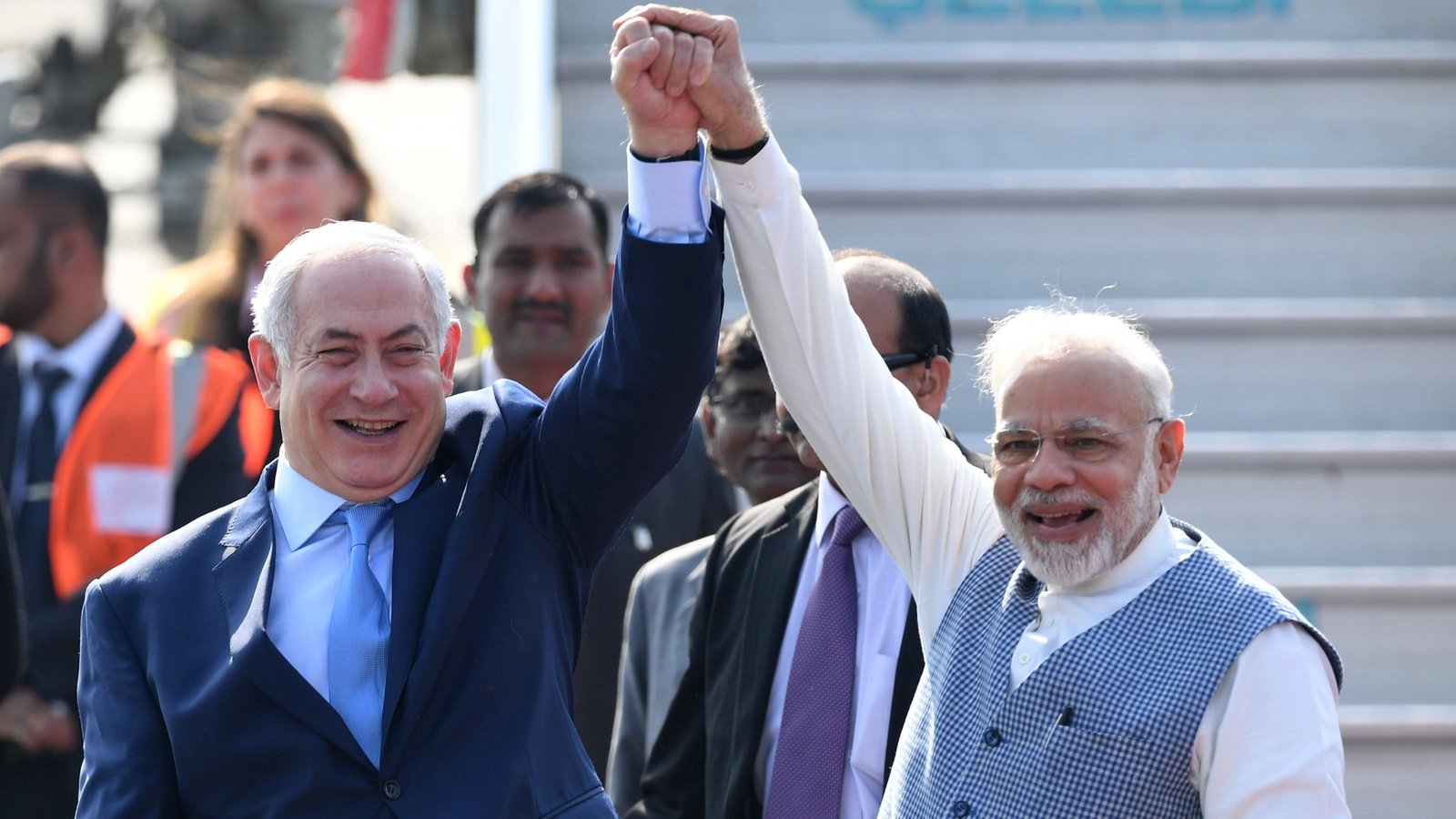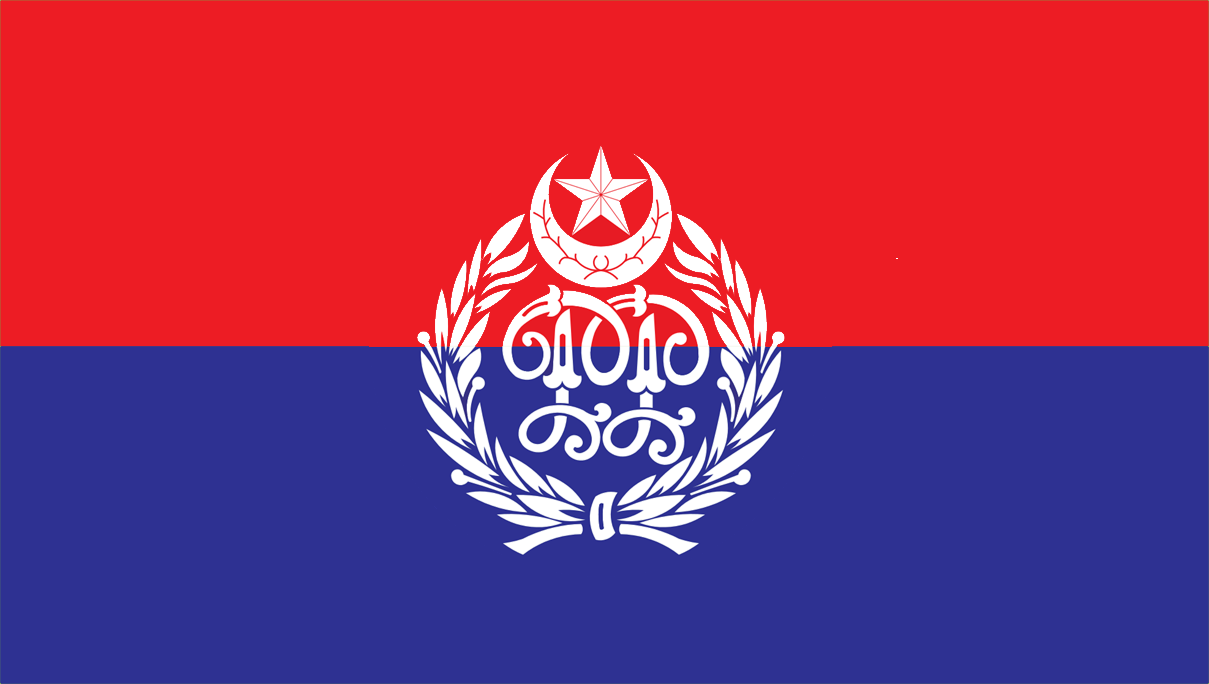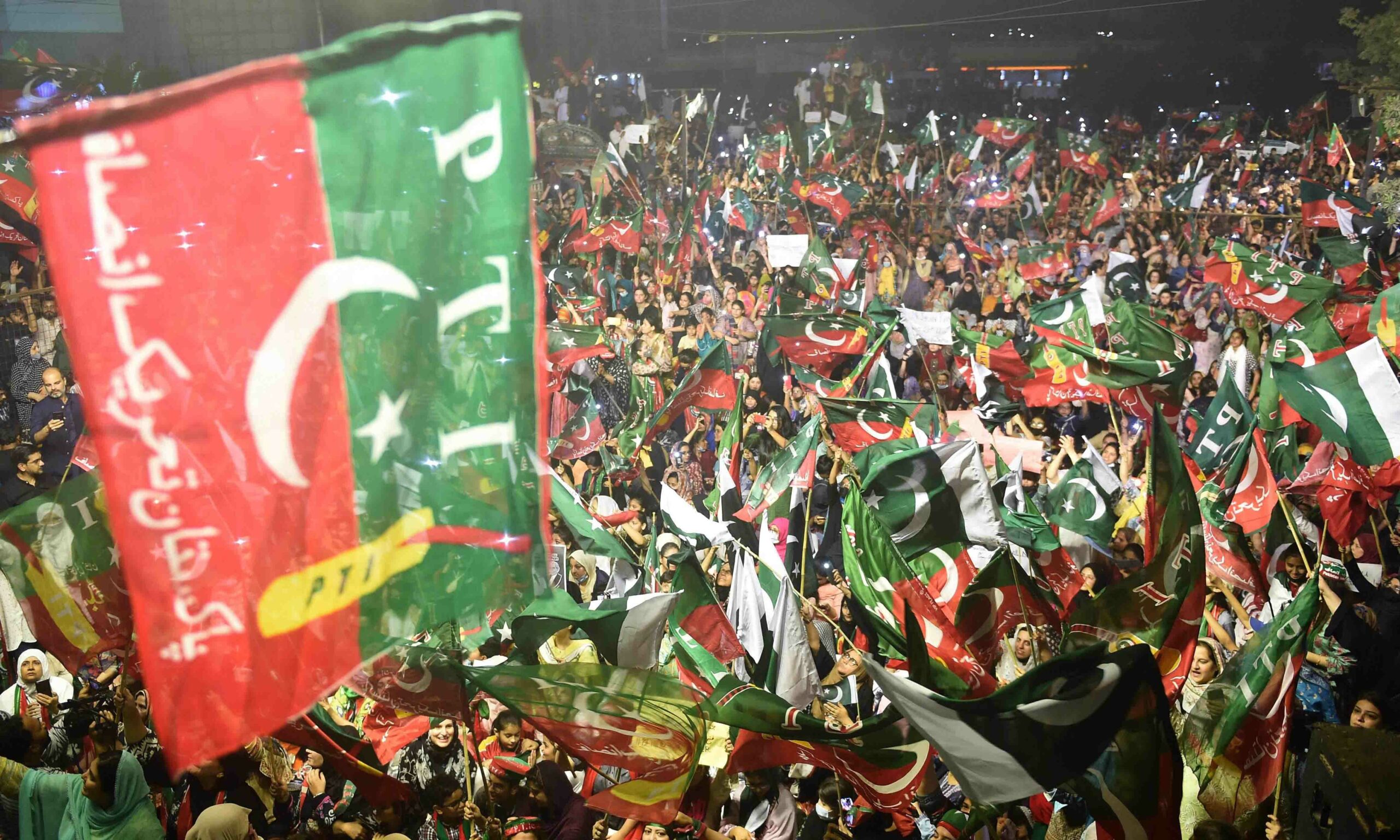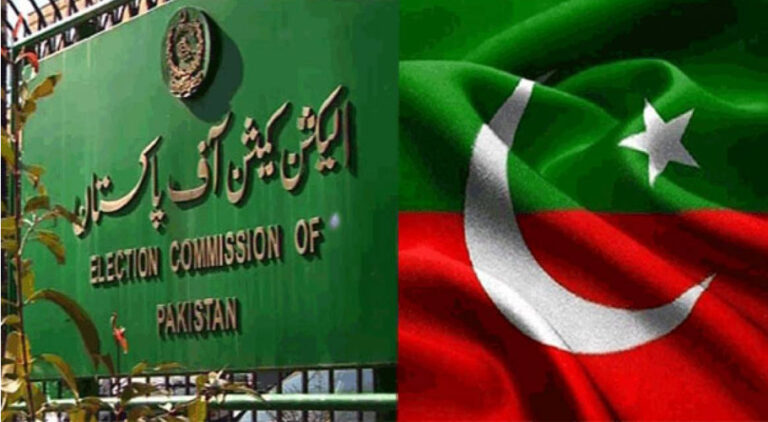PMLN is preparing exuberantly to give Nawaz Sharif a historical welcome. PMLN has been a popular party, and it may be similar for her to assemble a sufficient number of crowed. PMLN is mobilizing the party organization across Pakistan, hoping to gather a mammoth crowd. Likewise, all the support is also with PMLN to assemble a bigger crowd at Minar e Pakistan, the place known for the mammoth rallies of PTI. PMLN is also trying to develop a narrative that Nawaz Sharif is the right person to deliver for Pakistan as though they concede that Shehbaz Sharif, Ishaq Dar and PDM were unable to deliver. It is a matter of record that PMLN enjoyed the last government. Therefore, the incumbency factor is with them. Accordingly, the PDM must answer her performance in the PDM government before developing any other narrative. Can Nawaz Sharif and PMLN bring good governance to Pakistan? So far, it is a million-dollar question.
Good governance is a term that refers to the quality and effectiveness of public administration, policy-making, and service delivery. It is often associated with principles such as accountability, transparency, participation, rule of law, responsiveness, and equity. Good governance is essential for achieving social and economic development, as well as ensuring the well-being and rights of the citizens.
Nawaz Sharif is a former prime minister of Pakistan and the leader of the Pakistan Muslim League-Nawaz (PML-N), a political party that claims to uphold democracy, development, and national security. Nawaz Sharif has been in power for three non-consecutive terms, from 1990 to 1993, from 1997 to 1999, and from 2013 to 2017. He was ousted from office twice by military coups and once by the Supreme Court on corruption charges. He is currently living in exile in London after being convicted of money laundering and sentenced to 10 years in prison.
Please, subscribe to the website of republicpolicy.com
The question of whether Nawaz Sharif and his party can ensure good governance in Pakistan is a complex and controversial one. There are many factors that affect the quality of governance in Pakistan, such as the colonial legacy of bureaucracy, the inefficient and politicized judicial system, the family-based politics, the centralized administration, and the lack of institutional reforms. Some of these factors are structural and historical, while others are related to the choices and actions of the political leaders and parties.
On the one hand, Nawaz Sharif and his party have some achievements and strengths that could contribute to good governance in Pakistan. Nawaz Sharif has initiated and completed several mega projects in infrastructure, energy, and transportation sectors, such as motorways, power plants, metro buses, and metro trains. These projects have improved the connectivity, mobility, and productivity of the country. However, these projects have generated contested debate in Pakistan about whether they have served the economy or not. Besides the PMLN claims, the road to economic recovery and sustainability is reforming the economic, administrative and infrastructural sectors in Pakistan.
Furthermore, Nawaz Sharif has pursued a pro-business and pro-investment economic policy that has attracted foreign direct investment, boosted exports, reduced fiscal deficit, increased tax revenue, stabilized currency, and maintained the growth rate. This is again a matter of debate as economists in Pakistan are of the view that structural reforms are the only way for sustainable economic development to be followed by good governance and service delivery.
Furthermore, Nawaz Sharif has advocated for civilian supremacy over the military establishment and resisted its interference in foreign policy, national security, and domestic affairs. He has also tried to improve relations with India, Afghanistan, China, and the United States. Nawaz Sharif has supported democracy and constitutionalism in Pakistan by participating in free and fair elections, accepting electoral outcomes, transferring power peacefully, strengthening parliamentary oversight, devolving power to provinces, and respecting judicial independence. Accordingly, Nawaz Sharif also initiated a movement of ” Vote Ko Izzat Do.” for civil supremacy and the rule of law. However, critics are now criticizing Nawaz Sharif for renouncing the movement of civil supremacy and siding with those whom he himself blamed for his ouster.
On the other hand, Nawaz Sharif and his party have also faced many challenges and weaknesses that have hindered good governance in Pakistan. Nawaz Sharif has been accused of corruption, nepotism, money laundering, tax evasion, asset concealment, misuse of authority, and electoral rigging. He and his family have been involved in several scandals, such as the Panama Papers case, the Sharif family sugar mills case, the Hudaibiya Paper Mills case, and the Model Town incident.
Furthermore, Nawaz Sharif has failed to implement the much-needed reforms in institution building, improving governance, providing speedy justice, depoliticizing police and civil bureaucracy, setting up a reliable and neutral accountability system, overhauling the tax apparatus to tax the rich and spending on poor, and empowering local governments and federalism.
Please, subscribe to the monthly magazines of republicpolicy.com
Nawaz Sharif has alienated political workers, civil society groups, media outlets, and public opinion by adopting an authoritarian, confrontational, and vindictive style of politics. He has also created rifts within his own party by favoring his family members, loyalists, and cronies over merit-based candidates. Nawaz Sharif is accused of not being a democrat but rather a family dictatorial who is launching his own daughter to succeed him in politics. Furthermore, his model of economic development is a subject of divergent opinions. It is criticized that Nawaz Sharif has neglected the social sector development, human rights protection, environmental conservation, and poverty alleviation in Pakistan by focusing on big projects that benefit only a few elites. He has also ignored the issues of terrorism, extremism, sectarianism, and ethnic violence that threaten the peace and stability of the country during his tenure.
Lastly, eulogizing a person to deliver may be politically correct, but may be incorrect in governance and service delivery. Pakistan requires reforms—legislature, executive and judiciary reforms with their subsequent institutions. Alongside, there must be civil service, judicial, and institutional reforms. Furthermore, the economy of Pakistan requires structural reforms with coding and re-coding of laws and policies. There should be an egalitarian governance system where all branches of government from administrative organizations to social delivery institutions are functional by ensuring merit, transparency and specialization. It requires vision, statesmanship, and leadership qualities from a leader and the execution of plans by the political party.
Can Nawaz Sharif do it? It is and will be a matter of debate.
However, Based on these arguments, it can be concluded that Nawaz Sharif and his party have yet to be able to ensure good governance in Pakistan despite their potential and promises. They have failed to address the root causes of bad governance in Pakistan, such as corruption, inefficiency, injustice, inequality, and insecurity. They have also failed to reform the colonial bureaucracy, the inefficient judicial system, the family politics, the centralized administration, and the weak institutions that hamper good governance in Pakistan. Therefore, Nawaz Sharif and his party can only ensure good governance in Pakistan if they develop their vision, strategy, and reform plans.
Please, subscribe to the YouTube channel of republicpolicy.com
Zafar Iqbal is a writer of the article and is also the CEO of republicpolic.com. A thinktank striving to create awareness on good governance and service delivery.






